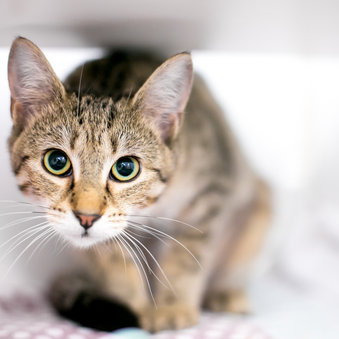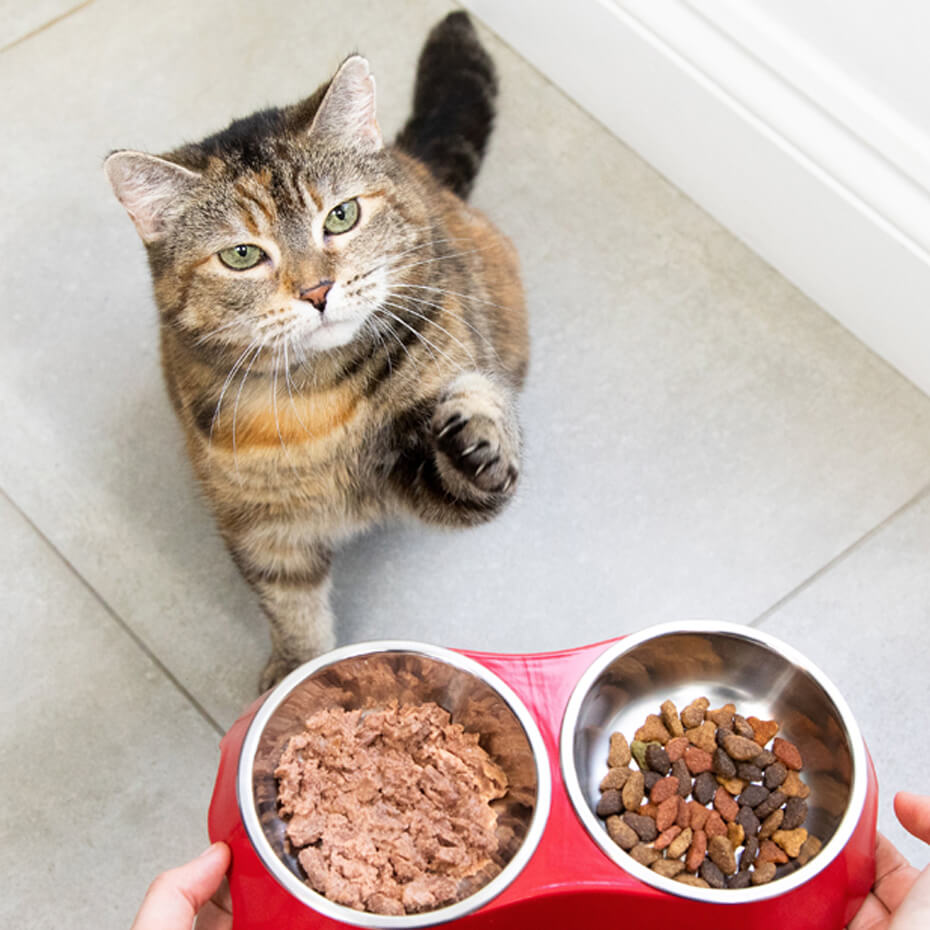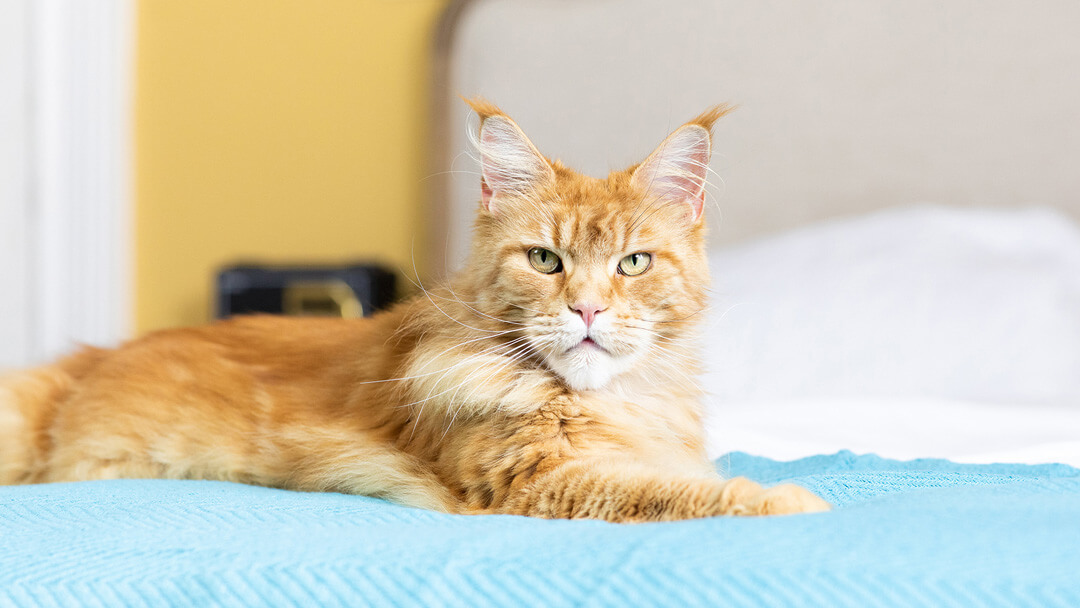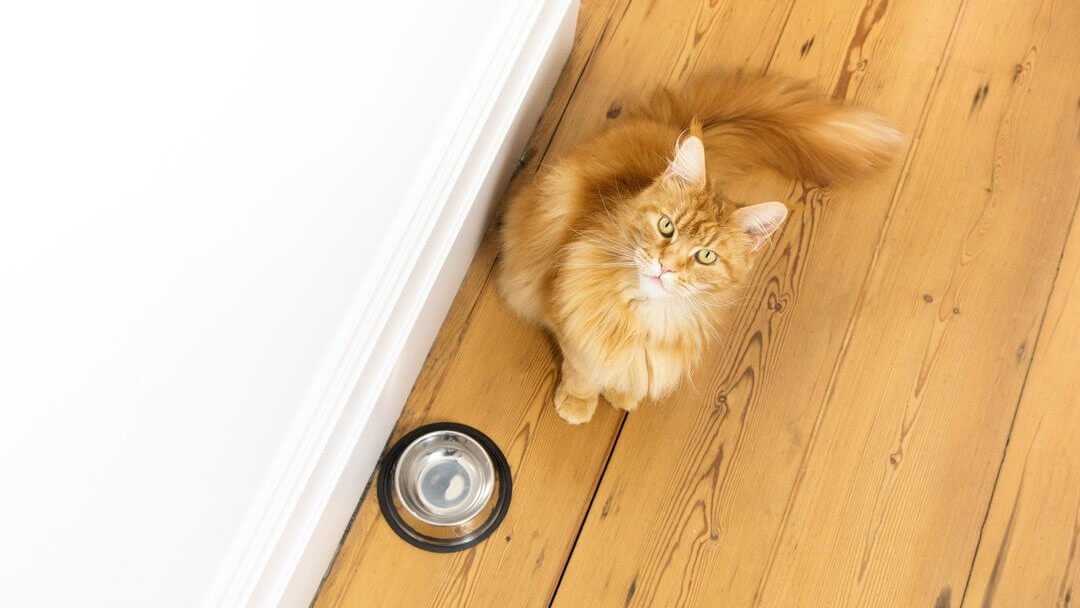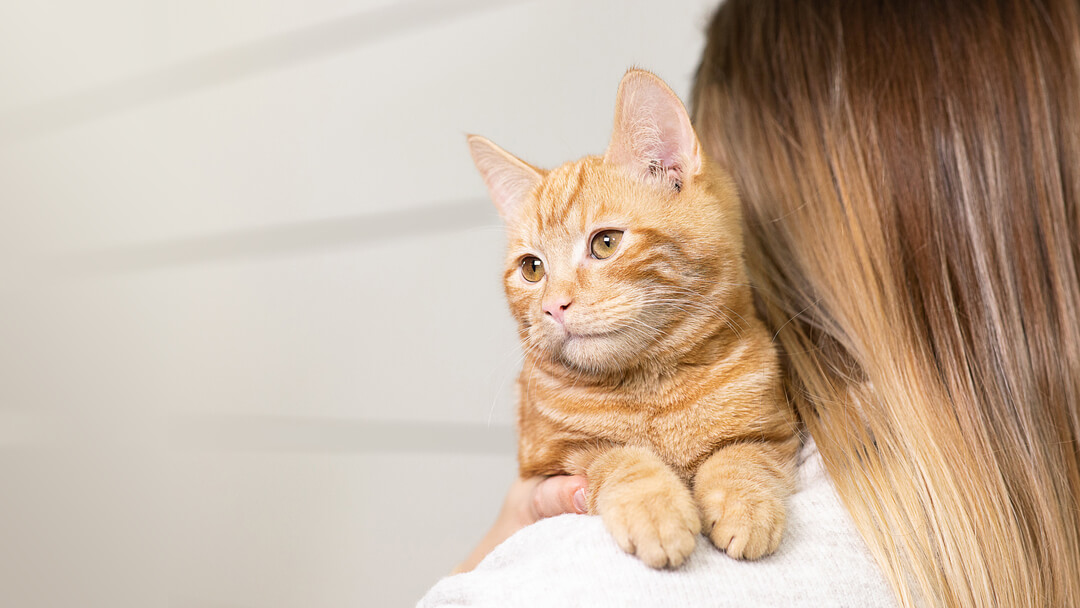
Even if you keep a close eye on your cat's health it’s a good idea to take them to the vet for an annual wellness and cat health check-up.
Looking after cats is fun but it's also full of responsibilities, including taking your pet to the vet. Sometimes it takes a professional eye to detect subtle changes in your pet’s health, especially as cats are very good at hiding their illnesses. Luckily, your vet will be very good at detective work.
General cat health
You already take your fluffy friend to the vet when they’re sick or injured but those appointments tend to focus mainly on one particular issue. ‘Check-up’ visits, on the other hand, work on the principle of ‘prevention is better than cure’ and they’re important to keep your cat healthy and prevent certain diseases.
Your vet will want to check your cat over thoroughly at least once a year and more frequently as they get older or if they have special medical needs. This appointment will take an all-inclusive approach, making sure your cat is examined from their whiskers to the tip of their tail.
Another advantage of these annual check-ups is to get your cat used to visiting the vet surgery when they’re well and this can help them form a bond with your vet. If they only visit when they’re hurt or ill they can become nervous, associating their trips with bad times or stressful experiences. It’s a good idea to pop into the vet practice every so often, even if it’s just for a flea check. The receptionists and vet nurses will always welcome a stroke as you pass by, and it will create a positive memory with no prodding and poking involved!
Yearly cat vaccinations are important to help prevent your cat getting certain diseases including: cat flu (feline herpes virus, calici virus), feline enteritis (feline parvovirus), feline leukaemia virus and feline chlamydophila (a bacteria causing conjunctivitis).
Fleas, ticks and worms
Another situation where prevention is better than cure is the control of fleas, ticks and worms. Remember that fleas, or at least their larvae, can live year-round in your home and garden and ticks can transmit nasty diseases and many cat illnesses. Ask your vet for their advice on how to avoid parasites as well as tape and roundworm. You can also find more in-depth information on our page for treating fleas and ticks on your cat.
Neutering
If you’re not planning to breed from your cat, it’s important to get them neutered before you’re both faced with unwanted kittens. Neutering will also help prevent cat health problems including some types of cancer and some infectious diseases.
Your vet will be able to advise you on the best time for neutering your kitten and, if you’ve adopted an un-neutered cat they’ll suggest neutering as soon as possible, as well as giving you advice on an appropriate diet to avoid your newly neutered cat piling on the pounds.
Behaviour
When you take your cat for their check-up make sure you mention any changes in their behaviour or issues such as inappropriate urination.
These could be linked to an underlying disease or a behavioural problem that could be overcome with the help of a trained behaviourist. Your vet will be able to refer you to a qualified professional.
Dental care
Your vet will also have a good look at your cat's teeth to see if there are any signs of dental problems. Cats are notoriously bad about telling owners of their aches and pains so it’s a good idea to use your check-up to get a professional opinion. Dental disease is common in cats, especially as they get older, so even if your fluffy friend hasn’t complained about their painful teeth they may still need to have dental procedures performed. You can also chat to your vet about home dental care and how you can help keep your cat’s teeth clean, as well as following the advice on our page about caring for your cat’s teeth.
Weight and body condition
Sadly obesity is an all-too common problem in cats, so take the opportunity to weigh your cat and discuss their body condition at your next check-up. If your cat is overweight, there’s plenty you can do to help. For example, talk to your vet about a diet plan and ways to increase your cat’s activity levels or find out if your veterinary practice runs a weight loss scheme. Equally you don’t want your cat to be underweight so, if your cat has lost weight since they were last weighed, discuss this with your vet as it could be a sign of a cat health problem.
Senior cats
If your cat is getting older, your vet will recommend more regular check-ups - this just means that they want to keep a closer eye on your cat so they can nip any emerging health problems in the bud. During these check-ups your vet may want to take your cat’s blood pressure and, if they have any concerns may suggest a blood or urine test to check for any underlying conditions. You may also be asked to bring a urine sample with you and this will help your vet discover if your cat is suffering from problems like diabetes or loss of kidney function.
Use your appointment to talk about any problems you’ve noticed, however small, with your vet. This can include their food and water intake, activity levels and any other concerns you have. Just like people, senior cats can suffer from various organ complaints, osteoarthritis, loss of vision or hearing, and even memory loss or dementia.
As you know, cats are very good at hiding signs of disease so your vet will be able to advise you on what to look out for. Luckily, many cat health problems can be successfully managed with medication or simple changes to their lifestyle, all of which your vet can help to arrange during a check-up.

